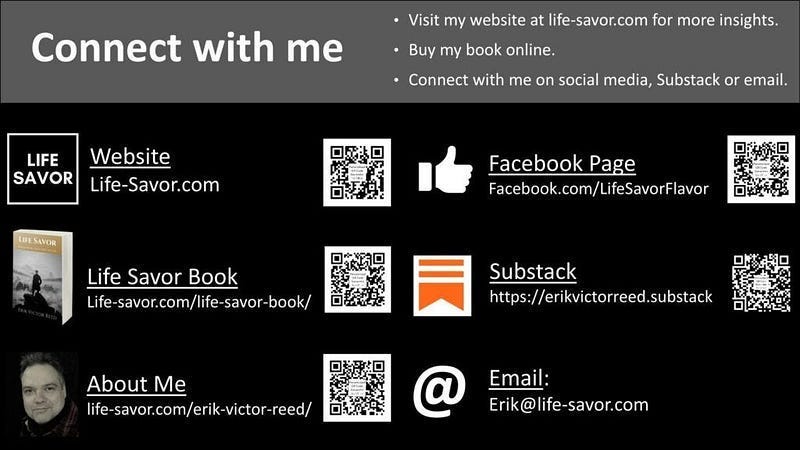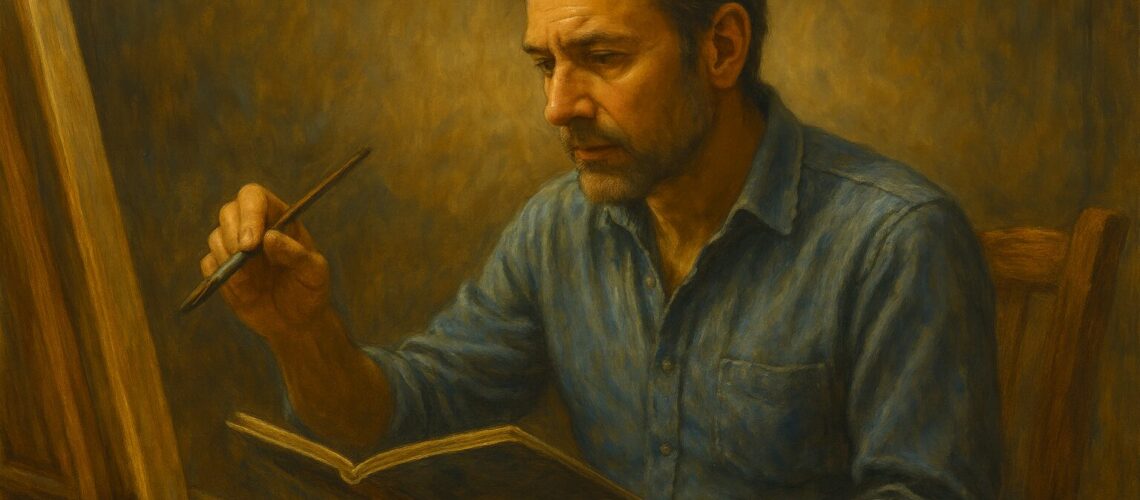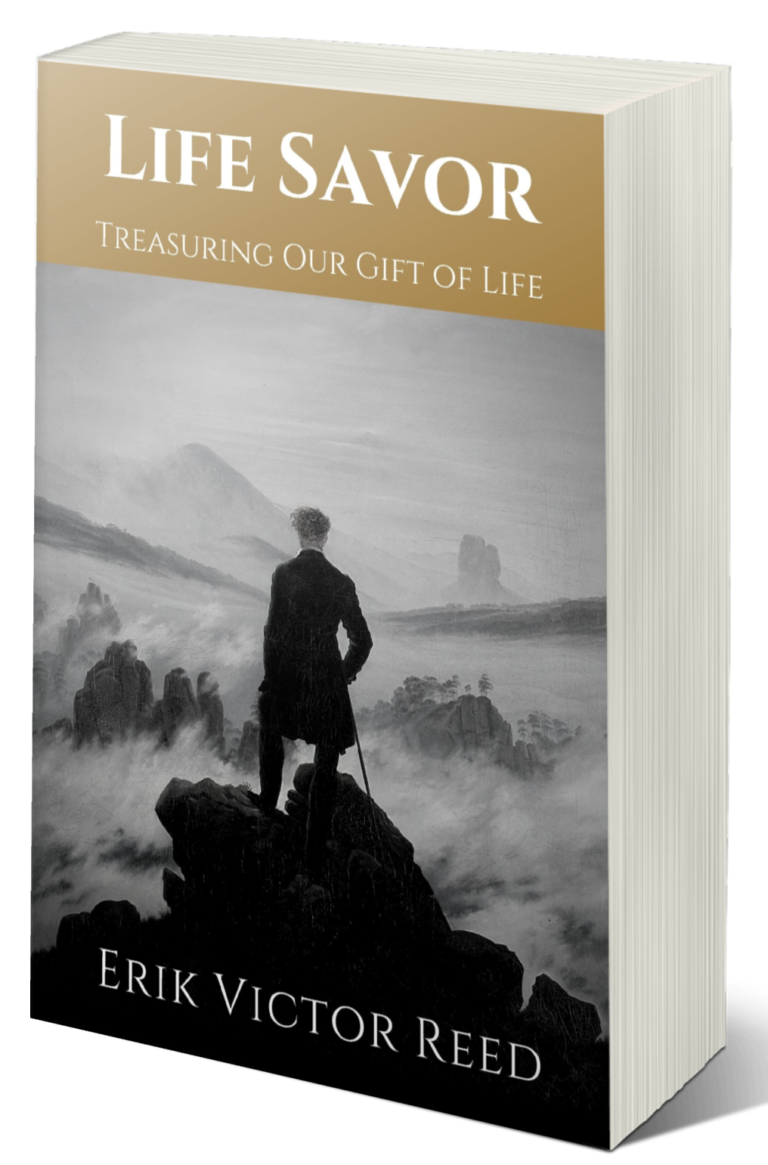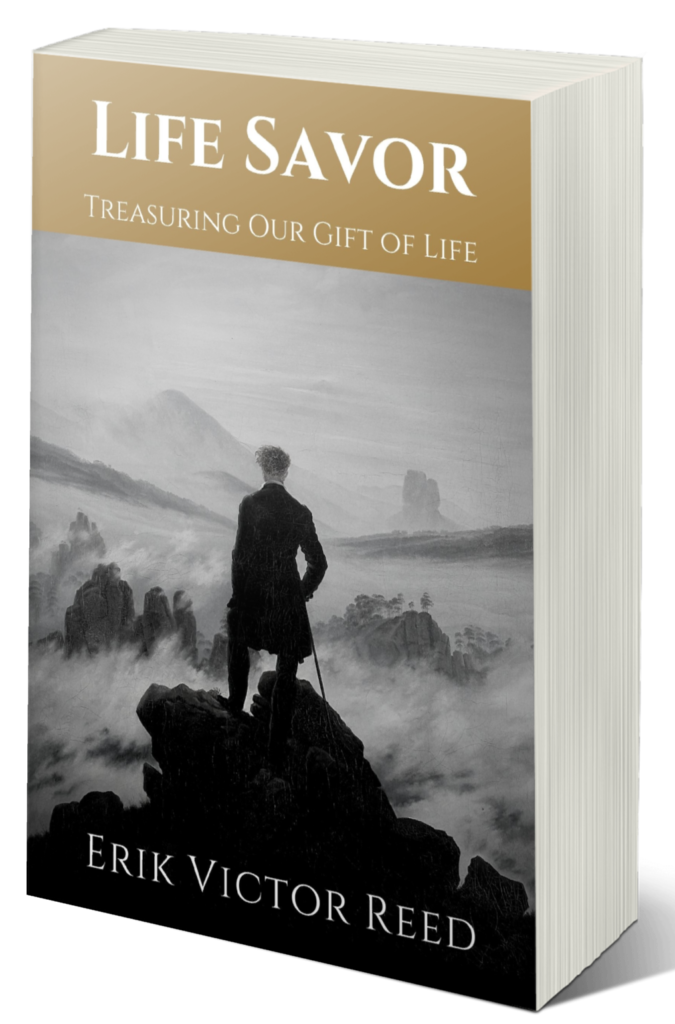Why making, producing, and achieving are life-giving treasures
More Than Survival
Most creatures survive by instinct. They hunt, nest, migrate, reproduce. Humans do these things too — but then we do something extra. We make.
We build fires not just for warmth, but for gathering. We paint on cave walls not just to mark territory, but to tell stories. We invent tools, songs, languages, games. Creation is not an afterthought for us. It is at the core of who we are.
To be human is to take the raw materials of life and shape them into something new. And in the act of shaping, we feel joy.
The Thrill of Making
Think of the last time you made something — a meal, a painting, a song, a plan that worked. There’s a satisfaction in stepping back and saying: there was nothing here, and now there is something—because of me.
That thrill isn’t arrogance. It’s participation. It’s the sense that we are not only spectators of the world but also contributors. We don’t just consume life; we add to it.
Even the simplest act — fixing a fence, baking bread, writing a note — carries this quiet dignity. Creation connects us to the flow of life, to the sense that we are part of the great unfolding.
Achievement Without Emptiness
Some voices warn against achievement, as though striving were shallow or corrupt. And it’s true: achievement pursued only for status or comparison can feel empty. But achievement that grows from fascination is different.
When we follow our curiosity into projects, when we pour ourselves into work we care about, achievement becomes a source of joy. It is not about outshining others, but about stretching ourselves, about discovering what we’re capable of.
The reward isn’t only the finished product. It’s the process: the hours when you were absorbed, the challenge that called forth your energy, the moments when ideas clicked into place. Creation feeds us even as it demands from us.
A Child Stacking Blocks
Picture a child stacking blocks. At first, they wobble. Towers fall. Frustration builds. But then — success. The tower stands tall. The child claps, beams, looks around for someone to witness the triumph.
That small scene contains the essence of creation: effort, failure, persistence, joy. And the pattern repeats throughout life — in science labs, kitchens, offices, studios. We crave that moment when the work of our hands or minds stands before us, solid and real.
Creation as Connection
Creation isn’t only personal. Much of what we make is meant to be shared. A poem comes alive when read aloud. A meal nourishes others. A bridge carries thousands who will never know the builder’s name.
In this way, creation is also an act of love. It is how we leave traces of ourselves for others to use, enjoy, or be moved by. Some creations endure for centuries; others last only a day. Both matter. Each adds something to the treasury of life.
The Dignity of Work
This is why work, at its best, is not just toil. It is creation. Even routine tasks can carry dignity when we see them as contributions of value. Sweeping a floor, repairing a car, designing software — all can be expressions of care and craft.
Work becomes soul-crushing only when it is divorced from meaning. When we are reduced to cogs, when our efforts feel wasted, when we cannot see the connection between our labor and its value. But when we glimpse that connection, when we sense that our work contributes, work becomes joy again.
Creation and Selfhood
Creation doesn’t just produce things; it produces us. In making, we come to know who we are.
A writer discovers her voice through drafts. A musician finds his style through songs. A gardener learns patience and attentiveness by tending the soil. Each act of creation reflects back a truth about ourselves.
In this sense, creation is not only about output. It is about identity.
A Practice of Joyful Creation
How might we cultivate this joy more deliberately?
- Follow your fascinations. Pay attention to what sparks curiosity, and create in that direction.
- Make small things often. Don’t wait for masterpieces. Cook a new dish, write a few lines, fix something broken. Creation compounds.
- Share your work. Let others enjoy what you make, even if it feels modest. Joy multiplies in sharing.
These practices remind us that creation isn’t only for the “talented.” It is for everyone who wants to taste the dignity of making.
Closing Thought
Life fills us with many given treasures — love, beauty, nature. But it also invites us to add our own. Creation is how we participate in the gift, how we leave the world a little richer than we found it.
The joy of creation is not in proving our worth, but in expressing it. Not in dominating the world, but in contributing to it. Not in perfection, but in participation.
To create is to say: I was here. I cared. I added my spark to the fire of life.
And in that act, life becomes more than survival. It becomes art.
For more like this, visit the broader project at life-savor.com, or explore the Life Savor book itself.
To learn more about Life Savor’s philosophy,
read Life Savor: Treasuring Our Gift of Life by Erik Victor Reed.








